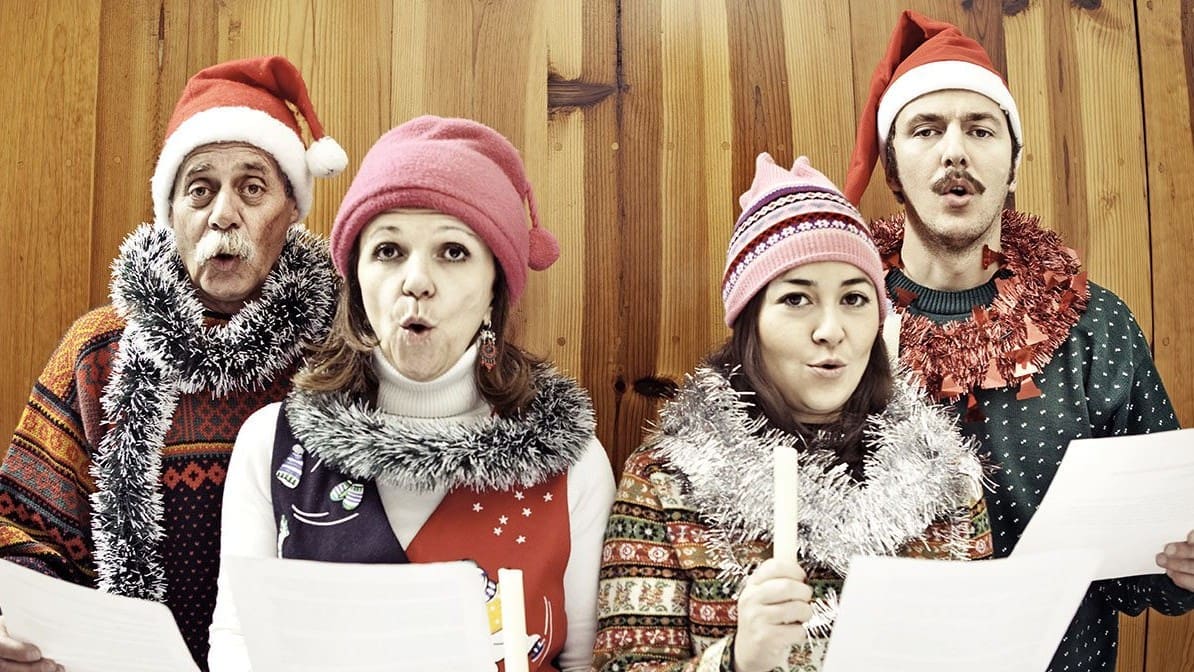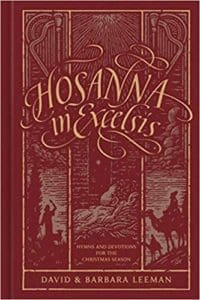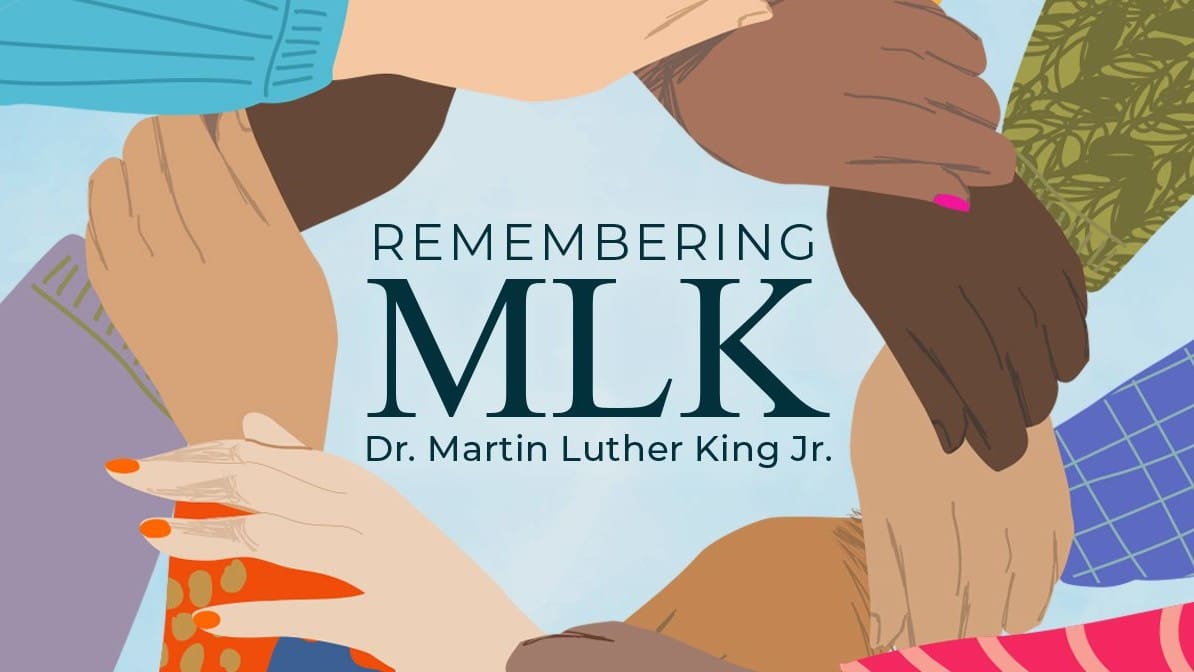
David & Barbara Leeman: Hosanna in Excelsis (Part 3)
 John Farrell: What is it about Hosanna in Excelsis that makes it so relevant today? Why this year versus last year versus next year?
John Farrell: What is it about Hosanna in Excelsis that makes it so relevant today? Why this year versus last year versus next year?
David Leeman: Well, partly it just came down to practicality last year. We actually self-published a paper cover edition for her school and for some of our friends. It was that paperback edition that we were able to send to Moody and they caught the vision.
We had a literary agent, but the other thing is I think in God’s providence and timing, if there’s ever a year in which the world needs something solid to take home when you say it’s 2020. We’re in pretty unsettling times and to find some sort of anchors to put into your family’s life. It’s amazing how God can use a simple song that you’ve heard or known for a long time, but never really came to grips with what it means that we pray that God will use it this year in a lot of homes that have this book and will read it.
It’s very possible that there’ll be families who can’t gather for Christmas because of the COVID thing. We’re having that struggle ourselves. And God will come near through these songs to that family.
There’s something that I think we all understand to a large degree about music that goes beyond the intellect and into the heart in a way that almost nothing else does and it’s retained and it comes out in your life in the times that you almost least expect it. And we remember the truths when they’re put to a melody almost twice as much as if you hear a sermon or read somebody’s words. When you’ve actually taken those truths and learned them with a melody, there’s a retention that I think is very unique and wonderful that God has given us the gift of song. Isn’t it interesting that the announcement to the shepherds was in a song?
Barbara Leeman: I think too that one of the exciting things about Christmas music to me is that it seems to be a non-threatening way to take the gospel to people who don’t normally think about the gospel, but they know Christmas carols that they’ve learned. They’re not threatened by Christmas carols, and yet there’s the truth embedded within them. We had a worker in our home a few weeks ago and Dave said, “Do you like Christmas carols?” They said, “Oh, I love Christmas carols.” We gave him the book and the next time he came back, he said, “That was just fascinating. I just sat down and read that for about an hour. I just couldn’t put it down.” And I thought, “I hope that in that hour the Lord spoke to him.”
Even our hymnal that we put together for school — most hymnals start out with praise choruses or praise songs to God and I assumed that we would do that, but when we started thinking about it, well, this is children. Where do children first encounter Jesus Christ? At Christmas. So, in our hymnal that we have at school, that has a whole gamut of hymns, we begin with a Christmas story because we think that’s an entry for children to the gospel and to Jesus Christ, the baby in the manger.
JF: You know a lot about the historical background for a lot of these hymns. Is there one hymn’s background that stands out as more unusual or not as well-known as others?
David: It’s funny you mentioned that. I think the wonder of how God uses human beings, even some who do not know Him, to get His message out. The one that really jumps out at me is that familiar hymn “O Holy Night.”
Did you know that it was written by a man in France in 1847 who was just asked to write a Christmas poem by a priest in his town. Placide Cappeau was actually a socialist. He had little belief in the Christmas story, but he realized after he completed the poem, there was something special about it so he asked a musician friend of his, Adolphe Adams, to write a melody. Now, Adams was Jewish and obviously did not believe in Jesus. Then in 1855 a Unitarian minister in America heard the song and created an English edition. The literal translation of the French is even more clearly a pointed expression of the gospel, but the English one is remarkable that when you look at how it points toward worship and praise it reveals a spirit of Christ about slavery saying, “The slave is our brother.”
What’s interesting is when it first came out, the Catholic church in France forbid its use because of its origins that it was not written by a pastor or a priest. But the people loved it so much and when it came to America, it was loved so much that it became very popular in spite of what the church had said. It was the first Christian sacred song that was used on the first radio. In World War I, the French and Germans sang it across the battle lines. The hand of God and its creation is absolutely wonderful that it speaks words like, “The world lay in sin and error pining,” and then “Christ appeared and the weary world rejoices.” I still can’t believe a total non-believer wrote those words.
JF: That is fascinating! I love learning about the background of things that oftentimes Christians and non-Christians alike kind of take for granted. I would’ve never guessed that it had its roots in that.
David: Now, certainly most of them were written by great theologians and pastors and so forth, but that one stands out as uniquely created through the spirit of God because it speaks to us.
I would like to recommend that when people get this and see in the preface we write, “Stop and think about it. Do you know of any other person who had thousands of songs written about their birth?” There’s no one. Not Napoleon. Not George Washington or Lincoln. So, the question is if you knew that it was written about a man named Jesus, would it make you curious to know more about Him and why people have written so many songs just about His birth?
If you have family or neighbors or people that you hope to share Christ with, I think a non-threatening gift for Christmas might be this book because again everybody understands that carols are kind of a part of the whole Christmas tradition. Now, it’s true that “Jingle Bells” and “Santa’s Coming to Town” has a stronger influence perhaps in the secular non-believer’s Christmas music, but they’ve heard “Silent Night” and they’ve heard “Joy to the World,” even if they’re just watching TV or movies.
JF: Is there anything I left out that you would like to share that maybe I didn’t ask or something that you perhaps want to reemphasize?
David: We are grateful that Moody included little sections that we wrote about each of those parts of the Christmas season. The advent: What does ‘advent’ mean? And then instead of calling it Christmas, we call it the Nativity. That’s songs that are just about the birth. It touches on the whole doctrine of the incarnation. Why is that important and what does it mean if you haven’t really considered the wonder of that doctrine of the incarnation? And again, just a couple of pages about what an epiphany is and what it means. Then following each of those sections, there’s some wonderful historic poetry by a man named Robert Herrick and the great poet John Milton. These poems are so beautiful in their picture language that uses words that are not common in our modern vocabularies, but they’re still very beautiful in picturing the whole story.
There’s a section at the back of the book called “Christmas in the Bible” in which we pulled out of Old and New Testament the verses that do refer to the Christmas story. Then when we use the devotionals, we refer to the place in this section where you can read the scriptural account. They’re written so a family could read them antiphonally in case they want to read the Christmas story both from Old and New Testament and the gospels. That’s a little section in the back of each book.
…
Order a copy of Hosanna in Excelsis: Hymns and Devotions for the Christmas Season by David and Barbara Leeman
Trending Now
Sign up today for your Inspiration Today Daily Newsletter
Supercharge your faith and ignite your spirit. Find hope in God’s word. Receive your Inspiration Today newsletter now!
John Farrell
John Farrell serves as the Digital Content Manager at Inspiration Ministries, where he oversees the planning, organization, and management of website content to support the ministry's global digital outreach. With a strong background in writing and editorial strategy, John ensures that the articles, devotionals, and discipleship resources on Inspiration.org are accurate, engaging, and aligned with the ministry's mission.
John has authored more than 1,000 articles, press releases, and features for Inspiration Ministries, NASCAR, Lionel, and Speed Digital. His versatility as a writer is also showcased in his 2012 book, The Official NASCAR Trivia Book: With 1,001 Facts and Questions to Test Your Racing Knowledge.
A graduate of Appalachian State University, John brings excellence and attention to detail to the digital experience at Inspiration Ministries. He lives in Concord, N.C., with his wife and two sons.
Related Articles
January 19, 2026
Martin Luther King Jr. Day: A Biblical Call to Live God’s Grace, Love, and Mercy
On August 28, 1963, Dr. Martin Luther King, Jr. stood on the steps of the Lincoln Memorial and…
January 10, 2026
Beginning the New Year with a New Perspective
Happy New Year, friends! It’s the beginning of a new year, and more often than not, that prompts…
January 7, 2026
Renewing Your Mind for the New Year
What Are You Asking God to Do in Your Life This Year? As you step into this new year, what are you…
January 3, 2026
Four Steps to Setting Goals in the New Year
As you step into a brand-new year, you may feel the desire to reset, refocus, or simply get back to…
Next Steps To Strengthen Your Walk
Inspiration Today Newsletter
Supercharge your faith and ignite your spirit. Find hope in God’s word. Receive your Inspiration Today newsletter now!
Christian Articles
Find articles to strengthen your walk and grow your faith. We have a wide range of topics and authors for you.
Submit A Prayer Request
We are here for you. Simply click on the button below to reach us by form, email or phone. Together we will lift our hearts and voices with you in prayer.





